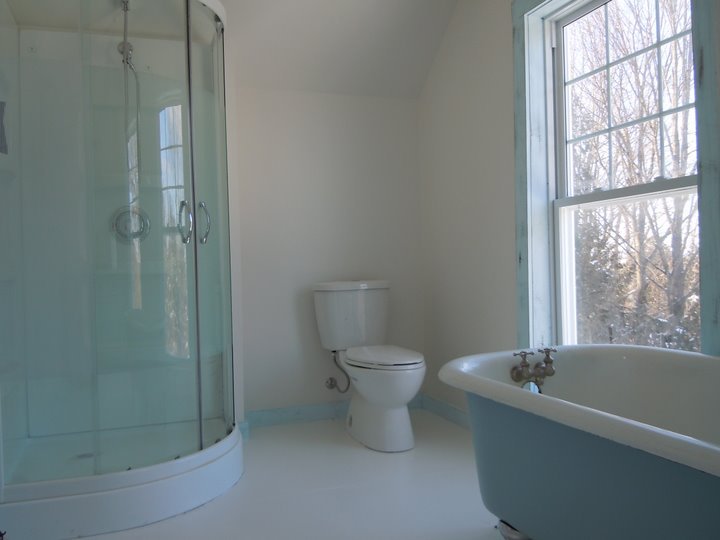We need to stop looking at prehospital care as a back-loaded system that starts when an imaginary stopwatch is triggered after someone recognizes an emergency has occurred and calls 911. The problem with this model is that the clock will continually be reset once the person in need has received treatment and has been delivered to the ER. No one is looking at ways to prevent the emergency in the first place.
How many healthcare workers come to Quebec from other jurisdictions and are held in place while exams are written and scores are compiled? Why can’t we create an EMS/CLSC-linked organization that trains people to visit clients in their homes, verify that their environment is safe, check that their meds are up-to-date, check their vital signs, even run an ECG or draw bloods to be checked at a local hospital?
Wouldn’t it be economically and socially advantageous to have a first response team specially trained to respond to calls of a lower priority to determine whether or not those clients actually need to be attended to by the much scarcer ambulance-based medics? I’ll bet that could substantially reduce the number of times the words “aucune ambulance disponible” are transmitted to waiting first responders.
The firefighter first response program is performing beyond expectations. It needs to be expanded beyond the Island of Montreal and should encompass every part of this province. Firefighters who believe in the possibilities need to engaged as emissaries for this approach – they need to become part of a core of leaders who can mentor other firefighters. I’m tired of watching naysayers rise to the top of the leadership ladders. Fire dept first response should be funded appropriately and cities and towns should start realizing that this is an investment that assures tax payers of living long and fruitful lives – and continuing to contribute to Quebec society.
There should be automatic external defibrillators [AEDs] in every public building and many of the private ones. Police officers should be equipped with AEDs. CPR courses should be a requirement to graduate from elementary school.
We should have advanced life support [ALS] paramedics on every ambulance – and when we’re done with the ambulance crews we ought to start looking at ALS firefighter medics. We need to pay the ambulance medics a living wage that recognizes the enormous contribution they make to our lives – and not treat them as some afterthought to the system. Without them the crippled system would have collapsed long ago. And we reward them by treating them as second-class citizens and trying to find ways to refute their CSST claims after their backs and legs fail after decades on the job.
There should never be a monopoly on saving lives or helping people in an extraordinarily difficult moment of their lives. That damned clock begins ticking when someone calls for help. The primary consideration should be who can get there quickest to render aid – not which response organization has a ‘claim’ to the territory.
Every EMS organization should take an enormous leap of faith forward, work with all of the stakeholders and establish a model that ensures everyone in the community gets the emergency care they deserve.
My family deserves the best emergency medical system available. Doesn’t yours?
Suggestion: Talk to your MNA – your elected representatives and ask them why they believe your family deserves anything less than the best possible prehospital care. Our prehospital care system is nothing if not equitable in delivering substandard services so it really doesn’t matter if you’re an MNA or not when you or someone you love place that call to 911.



